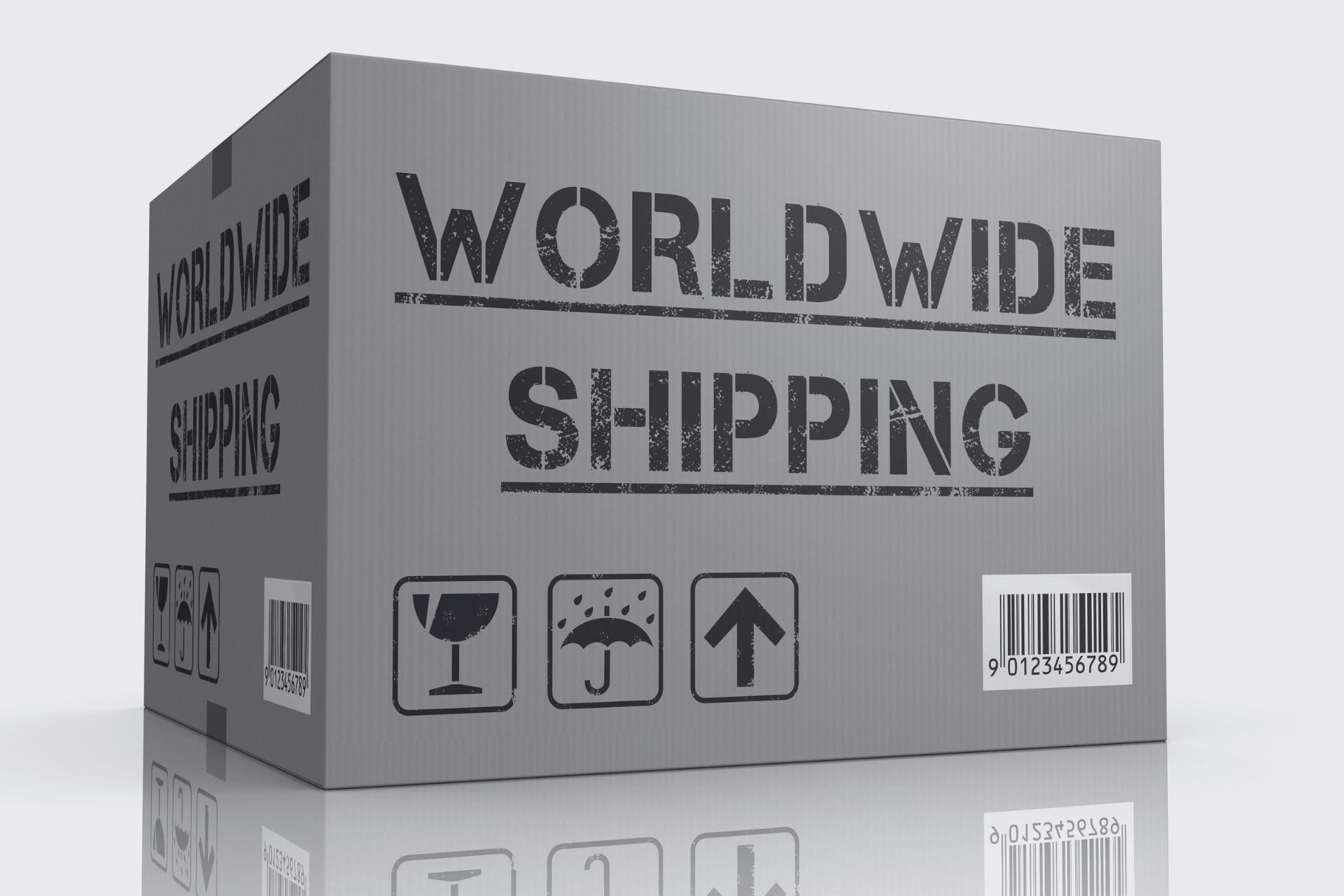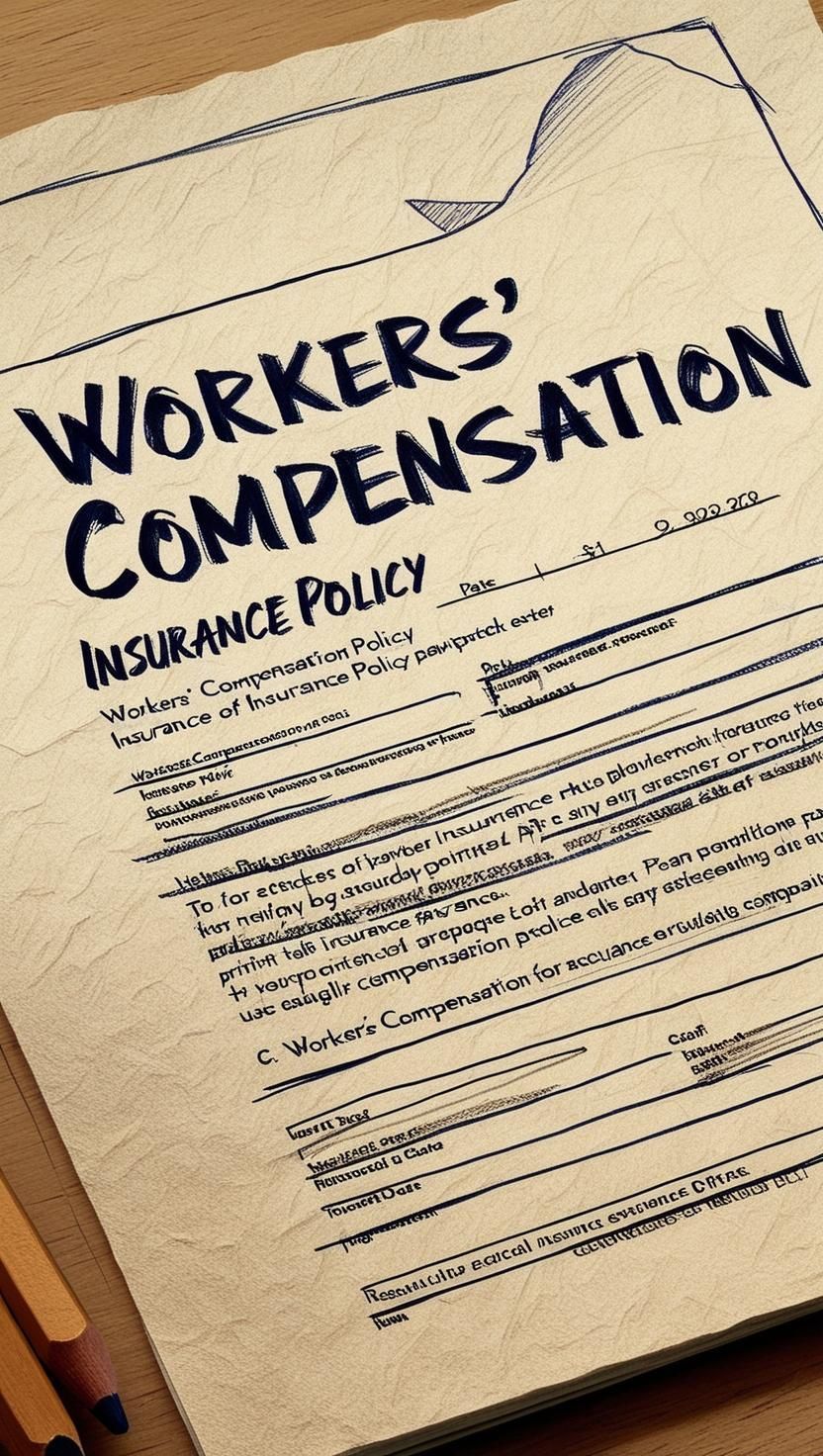Shipping Audit
Comprehensive Analysis
Optimization Strategies
Negotiation with Providers
about this SERVICE
At CG Moneta Consulting, we understand the challenges businesses face in managing their parcel freight shipping costs. That's why we've partnered with ProfitTrust to offer a comprehensive cost reduction service tailored to help companies optimize their shipping expenses. With our contingency-based approach, there's no risk and no upfront fee. If we don't reduce your costs, you don't pay.
Understanding Shipping Fees
Parcel Freight Shipping Audit
For businesses engaged in parcel and freight shipping, navigating the complex landscape of fees can often feel like traversing a maze. From carrier surcharges to accessorial fees, understanding and managing these charges is crucial for controlling shipping costs and maintaining profitability. To shed light on this intricate web of fees, let's explore the various charges that companies may encounter:
- Base Rates: Base rates represent the fundamental cost of shipping a parcel or freight and are typically determined by factors such as weight, dimensions, distance, and service level.
- Fuel Surcharges: Fuel surcharges are adjustments to shipping rates based on fluctuations in fuel prices. These charges are intended to offset the increased cost of fuel for carriers.
- Residential Delivery Surcharge: Carriers often impose additional fees for delivering parcels to residential addresses, reflecting the added complexity and time involved in residential deliveries compared to commercial ones.
- Remote Area Surcharge: Shipments destined for remote or hard-to-reach locations may incur remote area surcharges to account for the additional resources required to deliver to these areas.
- Address Correction Fees: If a shipment's address is incorrect or incomplete, carriers may charge address correction fees to cover the costs associated with correcting the address and rerouting the shipment.
- Overweight/Oversize Fees: Parcels or freight that exceed specified weight or dimensional limits may incur overweight or oversize fees. These charges reflect the additional handling and space requirements for larger or heavier shipments.
- Additional Handling Fees: Parcels that require special handling due to their shape, fragility, or packaging may be subject to additional handling fees. These charges compensate carriers for the extra care and attention required during transit.
- Declared Value Fees: Companies can opt to declare the value of their shipments for insurance purposes. Carriers may charge declared value fees based on the declared value of the shipment.
- Liftgate Service Fees: Shipments that require the use of a liftgate for loading or unloading may incur liftgate service fees. This service is typically necessary for deliveries to locations without a loading dock or for heavy or oversized items.
- Inside Delivery Fees: For deliveries that require carriers to transport parcels beyond the threshold of a building or to specific rooms within a facility, inside delivery fees may apply to cover the additional labor and time involved.
- Redelivery Fees: If a delivery attempt is unsuccessful due to recipient unavailability or incorrect address information, carriers may charge redelivery fees for subsequent delivery attempts.
- Storage Fees: In cases where recipients fail to accept delivery or arrange for pickup within a specified timeframe, carriers may impose storage fees for holding the shipment at a storage facility until it can be delivered or retrieved.
- Customs Clearance Fees: International shipments may be subject to customs clearance fees, which cover the cost of processing and inspecting shipments as they cross international borders.
- Duties and Taxes: Import duties, taxes, and other customs fees may apply to international shipments, depending on the destination country's regulations and the value of the goods being shipped.
- Documentation Fees: Carriers may charge documentation fees to cover the administrative costs associated with preparing and processing shipping documents, such as customs forms and export declarations.
Strictly contingent: 50/50 split on refunds obtained

Automated Shipping Technology
Get your shipping refunds and savings now using our secure technology portal. Our team and technology get you the savings you deserve immediately - without the hassle.
REDUCE YOUR SHIPPING EXPENSES BY UP TO 40%
A comprehensive audit is performed on every shipment and every carrier invoice.
AUDITING POINTS
- Base discount compliance
- Call tag event tracking
- Collect shipments
- Damage claim audit value
- Damaged shipment
- Delivery area surcharge
- Delivery exception
- Dimension adjustments
- Dimensional weight calculation
- Document audit on lost or damaged claims
- Duplicate charges on different invoices
- Duplicate charges on same invoices
- Duplicate invoices
- Return service labels
- Saturday delivery
- Saturday pickup
- Third-party manifest voids
- Third-party negotiated rate compliance
- Verification of automatic credits
- Earned discount compliance
- Extended delivery surcharge
- Fraudulent shipping activity
- Fuel surcharge accuracy
- Hundredweight charges
- Hundredweight compliance
- International import export
- Late payment fee
- Lost shipment
- Manifest voids
- Minimum charges compliance
- Negotiated rate compliance
- Oversized dimensional weight surcharge
- Rated weight accuracy
- Residential delivery surcharge
- Pickup time accuracy
- Refund
- Refund verification by check
- Refund verification by credit
- Refund verification by credit card
Strategies to Reduce Shipping Costs
- Negotiate Carrier Contracts: Negotiating favorable contracts with shipping carriers can yield significant cost savings. By leveraging shipment volume and committing to long-term partnerships, companies can secure discounted rates and favorable terms.
- Optimize Packaging: Efficient packaging not only protects goods during transit but also minimizes dimensional weight charges. Using appropriately sized packaging and lightweight materials can help reduce shipping costs by optimizing space utilization and reducing overall shipment weight.
- Consolidate Shipments: Consolidating multiple smaller shipments into larger, more efficient loads can reduce transportation costs per unit. Batch processing orders and coordinating shipments to common destinations can help companies maximize efficiency and minimize expenses.
- Leverage Technology Solutions: Investing in shipping and logistics software can streamline processes, improve visibility, and identify cost-saving opportunities. Automated rate comparison tools, route optimization software, and real-time tracking systems can help companies optimize shipping strategies and reduce costs.
- Explore Multiple Carriers: While relying on a single carrier may offer convenience, exploring multiple carrier options allows companies to compare rates and services to find the most cost-effective shipping solutions for each shipment. Diversifying carrier relationships can also mitigate risks and provide flexibility in response to changing business needs.
- Opt for Off-Peak Shipping: Scheduling shipments during off-peak hours or non-peak seasons can result in lower rates and reduced congestion. Carriers often offer discounted rates for shipments scheduled during less busy times, providing an opportunity for cost savings.
- Implement Zone Skipping: Zone skipping involves bypassing intermediate distribution centers by consolidating shipments and transporting them directly to their destination region. By reducing the number of transit stops, companies can lower shipping costs and improve delivery times.
- Optimize Freight Classifications: Accurate classification of freight based on density, value, and handling requirements is crucial for determining shipping rates. Ensuring proper freight classification can prevent costly reclassifications and surcharges, leading to significant cost savings.
- Utilize Third-Party Logistics (3PL) Providers: Outsourcing logistics functions to experienced 3PL providers can offer access to specialized expertise, resources, and infrastructure. 3PLs can help companies optimize shipping processes, negotiate favorable rates, and streamline supply chain operations, resulting in cost reductions.
- Continuous Performance Evaluation: Regularly evaluating shipping performance, carrier contracts, and shipping trends allows companies to identify areas for improvement and cost-saving opportunities. By staying informed and proactive, businesses can adapt to changing market conditions and optimize their shipping strategies accordingly.








